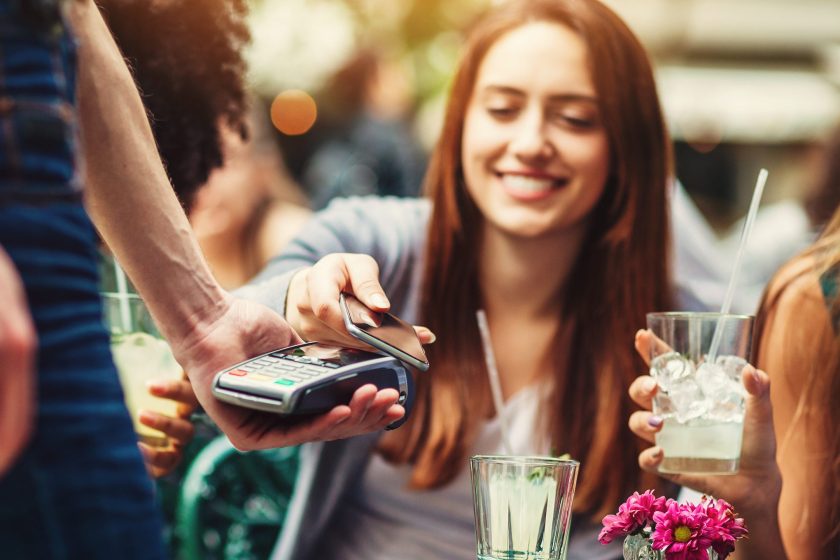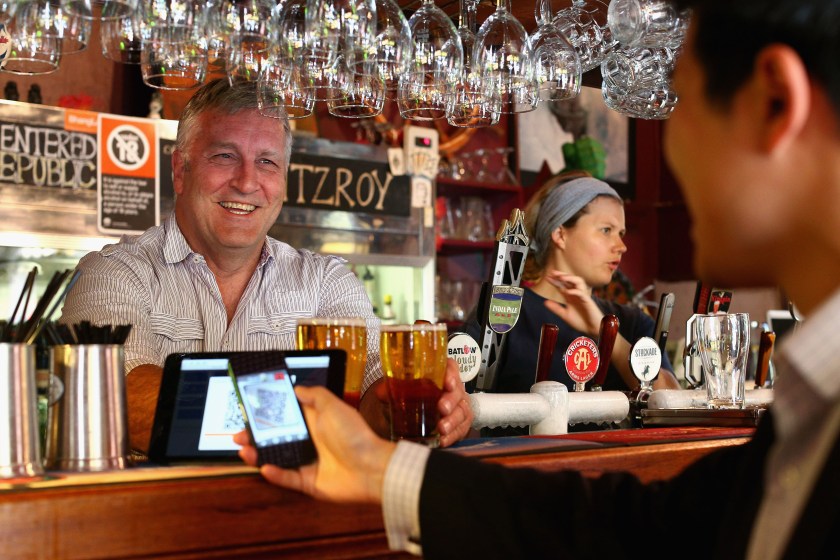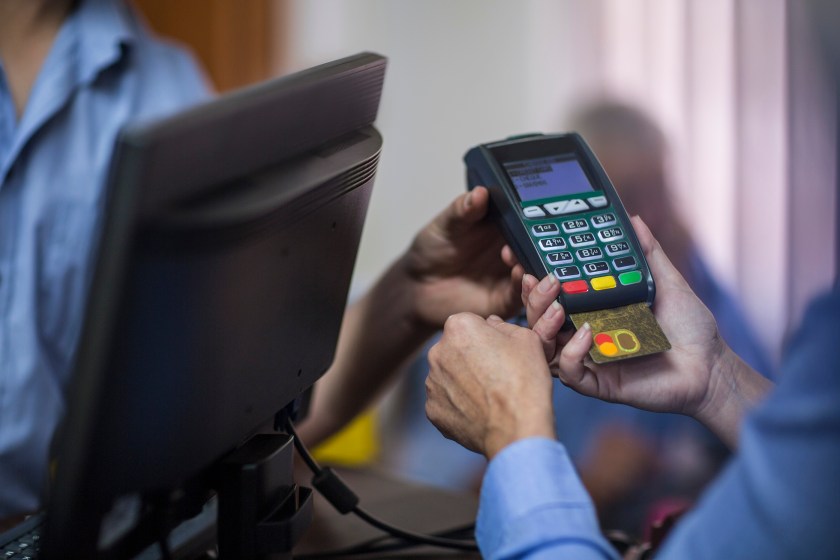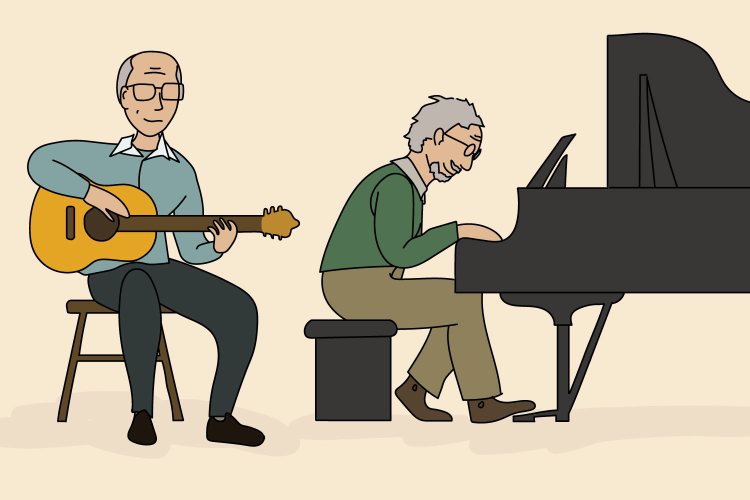
A group of Swedish bank robbers armed with AK-47s used a stolen helicopter to rob $6.5 million from a cash depot in an elaborate theft. Economists used the 2009 Västberga heist to argue for a cashless society, a concept that has taken off, globally, of late.
Most view alternate forms of payment like credit cards, Apple Pay, or Bitcoin as a suitable replacement for banknotes, but there is a growing trend and growing group of economists supporting complete cashlessness. Card transactions in the United Kingdom rose 10 percent, and twice as many electronic payments were made last year, according to a report from UK Cards Association. Also, Sweden is one of the global leaders in cashless payments, with cash used in less than two percent of all purchases in 2015. Niklas Arvidsson, an associate professor focused on innovating payment systems at Stockholm’s Royal Institute of Technology told The Guardian that he believes the country will be 100 percent cash free in less than five years.

Ditching banknotes isn’t a trend limited to Europe either. An increasing number of American retail outlets and restaurants (like salad chain Sweet Green), are trying out no-cash policies to save time and money, doing away with the need for registers or frequent trips to the bank. From 2014-15, non-cash transactions grew 4.4 percent in North America, but that number is likely to skyrocket in years to come. Forrester Research predicts mobile payments to increase 20.3 percent annually through 2021.
Harvard economist Kenneth Rogoff has been one of the leading voices of the cashless movement in the United States. Arguing that paper money fuels pecuniary ills like corruption, terrorism, and tax evasion, Rogoff believes that the United States should phase out banknotes, starting with large bills before letting smaller ones dissolve into disuse. In today’s digital age, cash is still the preferred medium, because it “… delivers absolute anonymity, portability, liquidity, and near-universal acceptance,” Rogoff told The Wall Street Journal. The goal, he argues, is to make it harder for criminals, like the Västberga robbers, to carry off and store large amounts of cash. A $6.5 million heist is suddenly a lot more difficult to pull off when all the bank notes are $10 instead of $100 denominations.

Yet human rights and privacy activists have expressed reservations about a cashless society. For the elderly and those that are not so tech-savvy, it would be a difficult transition to say the least. Not only is there know-how involved, but one would have to master and/or own a device, spelling problems for the poor. Dominic Frisby, a financial writer, argues that cash gives the disenfranchised, on the edges of society, more independence. Evidence of this argument can be seen in India’s recent efforts to purge counterfeit notes from circulation, which resulted in urban banks flushed with cash and rural ones all but dry.
All issues with India’s experiment aside, a cashless society would be a governments’ dream, as it would allow them to be financially omnipotent. Each transaction would have a record, tantamount to eradicating black markets. However, governments collecting that amount of powerful (and personal) data could pose a risk to its citizens’ privacy. Rainey Reitman, director of activism at the Electronic Frontiers Foundation, had this to say about that issue to Fast Company:
“When all our payment transactions are tracked, it creates a trove of data we have no control over. It’s easy to imagine a daring divorce lawyer or a government agent trying to gain access to our financial history to try to build a story about who we are.”
Ultimately, the prospect of a cashless society falls on the innovations developed to support it and the security capabilities built around them.
—RealClearLife Staff
This article was featured in the InsideHook newsletter. Sign up now.























